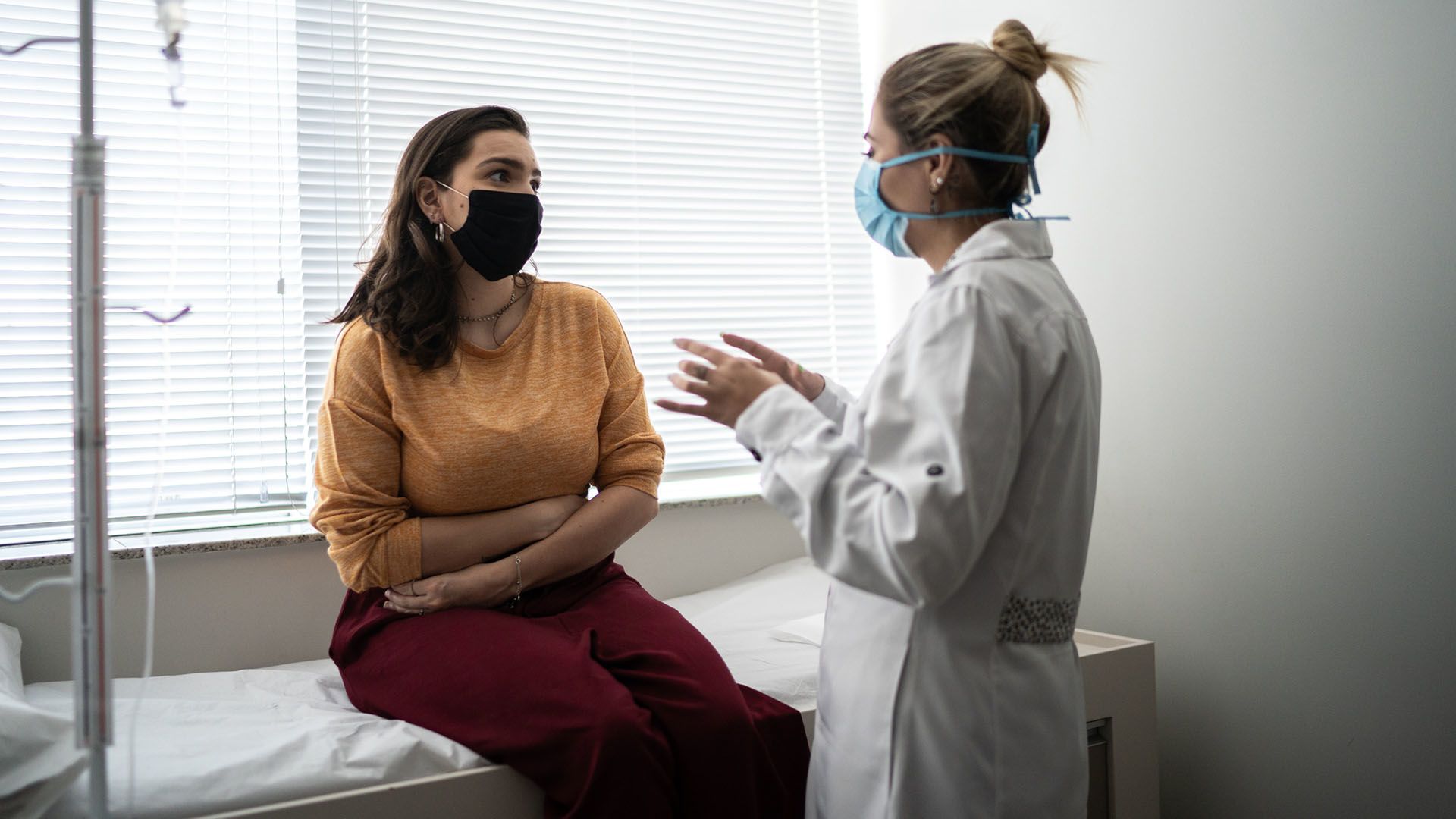Updated on October 17, 2025
Quality sleep is an important component of a healthy lifestyle. Simply put, your body needs sleep to function. More specifically, your body needs sleep to remove cellular waste in the brain, to repair and restore damaged cells, and to regulate immune system activity, including inflammation.
Unfortunately, many things can interfere with sleep, including many disorders and conditions. One example is inflammatory bowel disease (IBD).
IBD and sleep
Anyone familiar with the symptoms of IBD likely understands how the condition can interfere with sleep. The exact symptoms and the severity of those symptoms will vary from person to person. But some of the most common include persistent diarrhea, bloody stools, abdominal pain, constipation, frequent bowel movements, and the feeling that bowel movements are incomplete.
Even when the disease is in remission, people with IBD may find it difficult to sleep. Remission refers to a state where the disease has become inactive and is not causing symptoms. Achieving and maintaining remission is a major goal of treating IBD. However, remission does not mean the disease is cured and symptoms can relapse. The uncertainty, unpredictability, and stress of not knowing when a relapse will occur can keep a person up at night.
Sleep, stress, and relapses can also have a cyclical relationship. Stress can make it difficult to sleep. Stress and a lack of sleep can cause symptoms to relapse or worsen. Symptoms can disrupt sleep and cause more stress.
Strategies for improving sleep
If you have IBD, the best thing you can do for your health is to work with healthcare providers who have experience treating IBD. There is no cure for the condition, but there are treatments that can help control inflammation, ease symptoms, and prevent complications.
Sleep is something that you should be discussing with your healthcare provider, especially if you find yourself struggling to get a good night’s sleep. Keeping track of sleep in your symptom journal can provide helpful information during your appointment.
Additionally, there are numerous strategies that can help improve the quality of your sleep:
- Have a consistent bedtime. Go to bed around the same time every night and get up around the same time every morning—including weekends.
- Have a schedule. Nighttime rituals can help signal to your mind and body that it’s time to go to sleep. Brushing your teeth, spending time reading a book, and meditating are some examples of things you may want to include.
- Exercise regularly. Being physically active is associated with better sleep. Just avoid working out too close to your bedtime, which may have the opposite effect.
- Avoid eating too much or too little before bed. Being too full or too hungry can make it difficult to sleep. If you find that you get hungry in the evening, choose a light, healthy snack. Avoid caffeinated foods and beverages in the afternoons and evenings.
- Avoid alcohol and smoking. They can interfere with IBD management and with sleep.
- Put away screens. Blue light from phone, tablet, and computer screens stimulates your brain, making it more difficult to sleep. Consider putting screens away at least an hour before your scheduled bedtime.
- Use your bed for sleep and intimacy. Doing work, scrolling through the internet, or eating in bed can interfere with your nightly routine. Your brain should recognize your bed as a place for intimacy and rest.
- Create a restful environment. Make sure your room is dark and cool. Consider using a white noise machine or a fan to drown out disruptive noises.
Remember, IBD is a different experience for everyone. Your healthcare providers will be your best source of information about your diagnosis, your treatment, and how to address the challenges of living with a chronic health condition.






